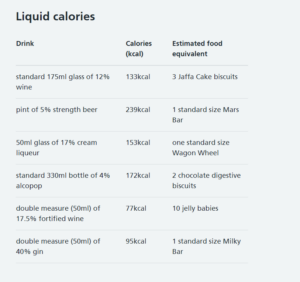When in a state of ketosis, the body is relying on fat as its primary source of fuel, rather than carbohydrates. This metabolic state is achieved by severely limiting carbohydrate intake and consuming high amounts of fat. When alcohol is consumed, it is broken down by the liver, and the liver prioritises the breakdown of alcohol over the production of ketones, which can lower the levels of ketones in the body. This can make it more challenging to maintain ketosis and may cause a person to fall out of ketosis.
Alcohol can also affect blood sugar levels, which can be problematic for those with diabetes. Alcohol can cause blood sugar to drop, resulting in hypoglycemia, or low blood sugar. This can lead to symptoms such as sweating, shaking, and confusion. One study published in the Journal of Clinical Investigation in 2008 found that alcohol consumption can increase insulin secretion, reducing the levels of ketones in the body.
Additionally, alcohol can put stress on the liver, which is responsible for processing ketones. Over time, this can cause damage to the liver and lead to liver disease.
Lastly, alcohol can also increase appetite and decrease inhibitions, which can lead to overeating and poor food choices. People may also consume more calories than they need and consume more carbohydrates than they intended, which can be detrimental to the ketogenic diet. A study published in the American Journal of Clinical Nutrition in 2016 found that alcohol consumption can lead to an increase in appetite and food intake, which can lead to weight gain. The authors concluded that consuming alcohol while following a ketogenic diet may compromise weight loss efforts.
For these reasons, it is important to be mindful of the potential effects of alcohol while in a state of ketosis and to consume alcohol in moderation. It’s also recommended to consult a healthcare professional or a dietitian preferably from ProGen Weight Management, India’s best weight loss management company if you are planning to lose weight in an effective way that actually brings in changes.
Also when you are trying to lose weight while being on a calorie deficit side, taking alcohol might disrupt the state. Can increase your calorie intake since 1g of alcohol= 7kcal

Sources
https://pubmed.ncbi.nlm.nih.gov/27138106/


